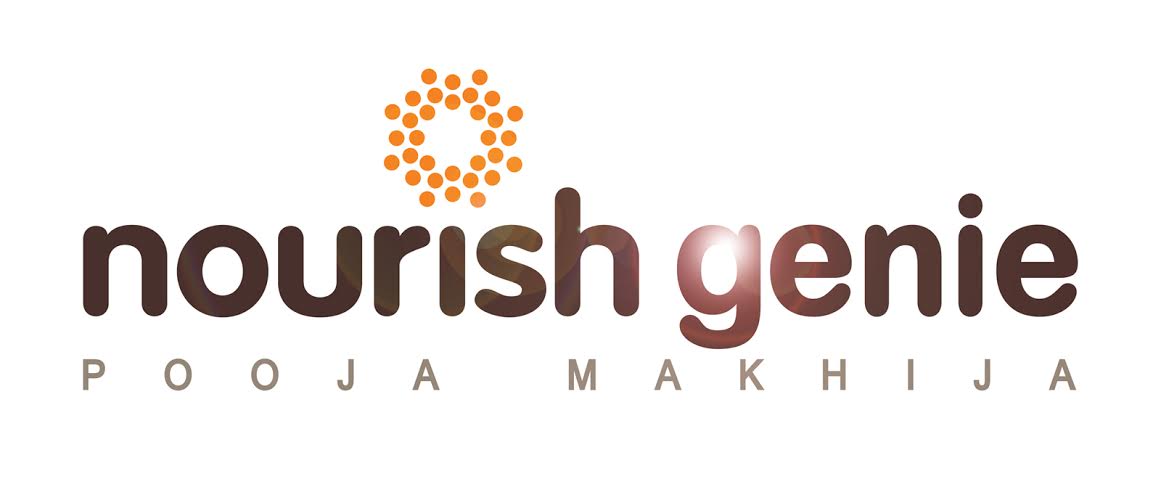I remember going into a restaurant for a meal, and while explaining my love for fresh, healthy ingredients to the chef, we had a fun discussion about healthy menus. My order seemed to have set him off on the wonders of green leafy vegetables, and the versatility of eggs. The chef planned to introduce a menu packed with fresh produce, veggies, fruits and the usual `low-cal-bursting-with-goodness’ suspects. And, he added with a minor flourish, everything would be cooked in olive oil.
How much, I asked him, to which he replied, as much as the dish needs. This got me thinking. And writing.
Healthy foods, no matter how good they are for you, have to be subjected to portion controls as well. Just because they are fat-free, doesn’t mean that they won’t make you gain weight, and cause other related health complications. You can’t mindlessly eat anything, I’m afraid, and even healthy food has to be eaten in moderation. Over-indulgence can pretty much cancel out any major health benefit. Some food for thought.
OLIVE OIL IS STILL OIL
Even though it’s excellent from a health perspective, one teaspoon of any oil is about 45 calories. While the idea, of course, is not to focus on calories and instead, revel in the nutritive value of food, it takes 3,500 extra unburned calories to gain a pound of weight. And add that little bit more pressure on your heart.
NO TRANS-FAT DOESN’T MEAN NO-FAT
Health regulations have mandated that manufacturers state the use of trans-fats in their foods. Which has, of course, led to a slew of products, claiming that they have `no-trans-fat’. They may be right but you still need to watch out for other saturated fats on their labels.
LOW-FAT IS NOT LOW-CALORIE
Similarly, just because a product is marked `lowfat’ doesn’t mean it is low calorie. To pump up the taste factor, extra sugar can sometimes be added, negating any health benefit in the process.
YOU CAN’T GO NUTS OVER NUTS
Nuts are rich in nutrients, good fats, and a whole host of heart warming things but some -especially cashews and macadaemia -can be high in fat content, so their consumption must be regulated. Restrict consumption of nuts to no more than 50 gm per day if you are not trying to lose weight or if your doctor is okay with it. Else, nix the nuts entirely.
SMOOTHIES CAN BE ROUGH
Blended milk with fruit can sound healthy but in fact, isn’t. Blending fruit (in a mixer or juicer) strips the fruit of its fibre, leaving behind the active sugary compound, fructose. And fructose is a simple sugar that can spike your blood sugar level, enabling excess con sumption to be stored as fat. The same principle can be applied to fruit juices. Eliminate, if possible, all consumption of fruit juice from your diet, unless specified by your doctor or nutritionist.
Try vegetable juices, and make it a daily habit.




Comments are closed.